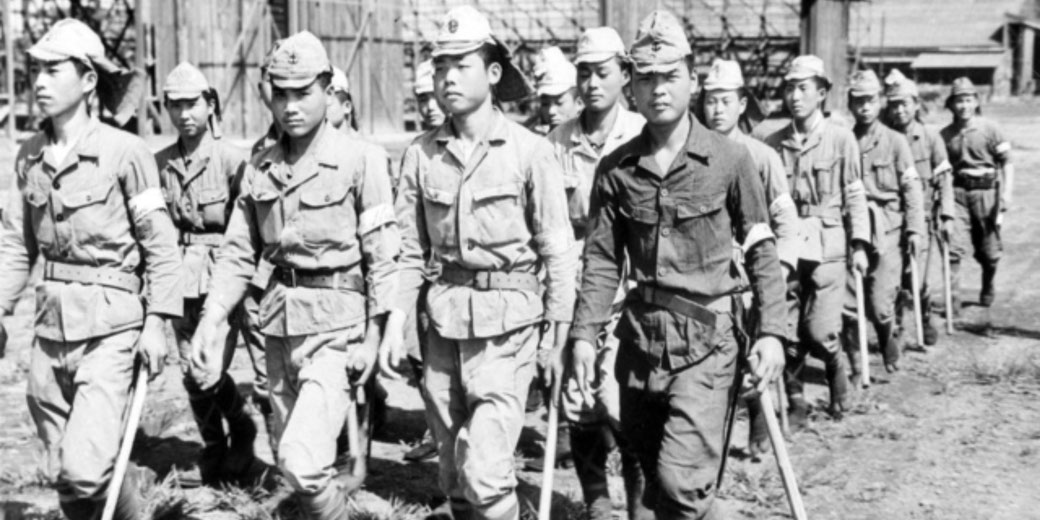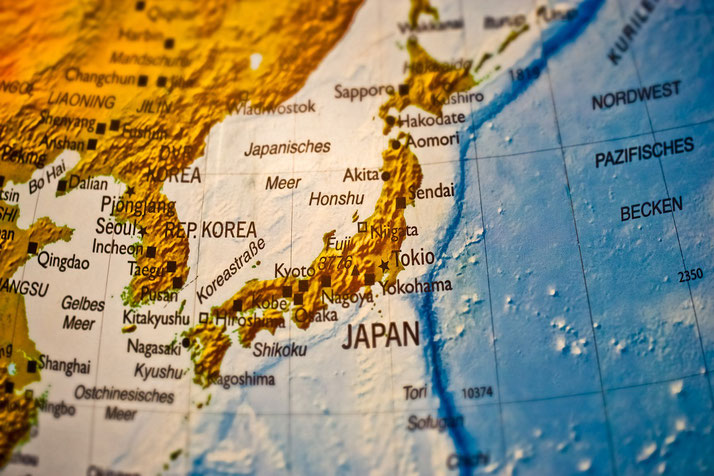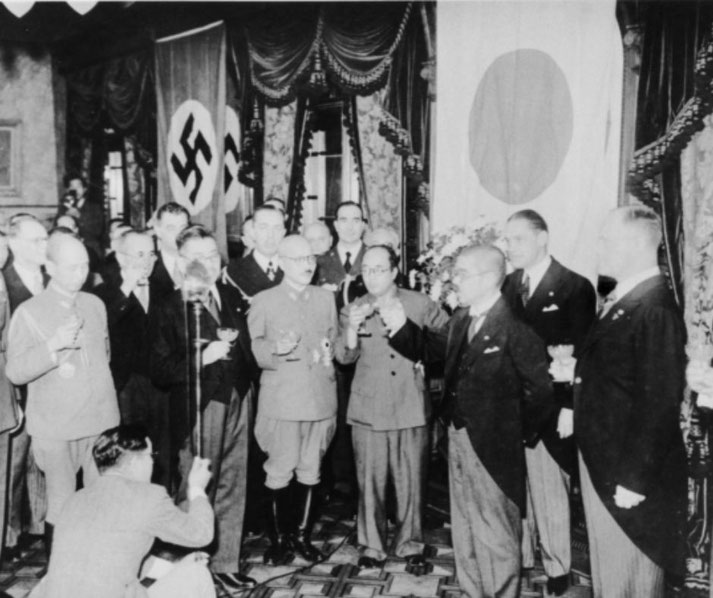How did Imperial Japan rise to power?

Since the beginning of the Meiji Restoration in the late 19th century, Japan had rapidly modernised its country, industry and military.
Along with the desire to be as technologically advanced as the rest of the world, Japanese nationalists wanted their country to also become a global empire.
Early Japanese imperial expansion
The first steps to imperial expansion were when Japan fought China in the First Sino-Japanese War in 1894–95.
During this conflict, Japan invaded Korea and took control of Taiwan. Japan's new military power was unstoppable against the older style Chinese military.
Then, in 1904, Japan went to war against Russia in the Russo-Japanese War.
Again, Japan's forces defeated their enemies and took control of parts of the region called Manchuria.
A new emperor, known as Hirohito, came to power in Japan in 1926 and he ruled Japan through the Second World War.
However, by the time of the Great Depression, Japan had been preparing for the next stage of their military expansion and they believed that an Asian-Pacific empire was within their grasp.
Japan claimed that they wanted to create something called the 'Greater East Asia Co-Prosperity Sphere'.
This was an idea that the Empire of Japan proposed, where Asian countries would work together to become richer and more powerful than Western nations.
In reality though, this simply resulted in Japan invading other Asian countries to take their resources for the Japanese empire.

Aggression against China
As a result of the Great Depression, Japanese people lost their jobs and economic hardship affected all levels of society.
The desire for a solution to these problems led to an increase in political support for military and nationalist leaders.
These politicians argued that Japan needed to conquer other countries to gain new natural resources that they could sell to other countries and improve their economic strength.
During the late 1920s and early 1930s, Japan’s military leaders gained more power over the government.
All the nationalists needed was a reason to declare another war.
Then, in 1931, it was reported that there was an explosion, probably an attack, at a Japanese-owned railway in southern Manchuria.
This became known as the Mukden Incident, and it's widely believed that it was staged event by the Japanese military as a pretext for starting an invasion.
At the time, Japan openly blamed the Chinese army and so, by early 1932, the Japanese army invaded and captured all of Manchuria China.
Japanese forces didn't stop there and, later in 1932, Japanese military bombed Shanghai and occupied areas of northern China.
China called for the League of Nations to step in, but all they could do was demand Japan to stop its aggression.
However, Japan responded by simply withdrawing their membership from the League and continued their war anyway.
As a result of their departure from the League, most European countries were angry with Japan, and it needed new allies.
So, in November 1936, Japan signed an alliance with Hitler's Germany in an agreement called the 'Anti-Comintern Pact'. Then, in 1937, Mussolini's Italy joined the pact.
Finally, in September 1940, Japan solidified its alliances by signing the Tripartite Pact with Germany and Italy, aligning the three nations against the Allied powers and formalizing the Axis Powers during World War II.

The Second Sino-Japanese War
With increased confidence following their new alliances, Japan decided that it was time for a full-scale war against China.
In July 1937, Japan launched its invasion and began the Second Sino-Japanese War.
Japan experienced early success by capturing the cities of Beijing, Guangzhou and Nanjing.
These successes were helped by the fact that China had been engaged in a civil war between the communists and nationalists since 1927.
This had weakened the country and meant that they were not prepared when Japan attacked.
However, following the invasion, the two sides of China's civil war agreed to a truce so that they could fight back against the invaders.
The most horrific event of the Japanese invasion took place during and after the capture of the Chinese city of Nanjing, which is also known as Nanking.
From December 1937 to January 1938, Japanese soldiers brutally killed somewhere between 200,000 to 300,000 Chinese civilians.
Japanese cultural ideology had taught their soldiers that the Chinese were inferior to the Japanese and that such killings were justified.
However, news of these atrocities shocked the rest of the world and most other countries supported the Chinese against the invaders.
Backing Japan into a corner
Unfortunately for Japan's military leaders, the invasion of China was not a quick nor easy affair.
Their advance soon ground to a halt, and they were caught in a drawn-out land war that cost more money than they had planned and did not result in the natural resources Japan needed in order to make more money.
Even though Japan had left the League of Nations, the atrocities in Nanjing forced other countries, particularly the United States of America, to stop trading with Japan, which reduced their income further.
America refused to start trading again until Japan withdrew from China.
With time and money running out, Japan knew that it had to find a solution. Rather than giving up their dreams of a Japanese empire and halting their war, the Japanese military decided to take the ultimate gamble by throwing all of their resources into a multi-pronged attack across the Pacific to rapidly capture the resources they needed in order to win a global war.
This would lead to the famous attack on Pearl Harbor in December 1941.
What do you need help with?
Download ready-to-use digital learning resources
Copyright © History Skills 2014-2025.
Contact via email
With the exception of links to external sites, some historical sources and extracts from specific publications, all content on this website is copyrighted by History Skills. This content may not be copied, republished or redistributed without written permission from the website creator. Please use the Contact page to obtain relevant permission.





